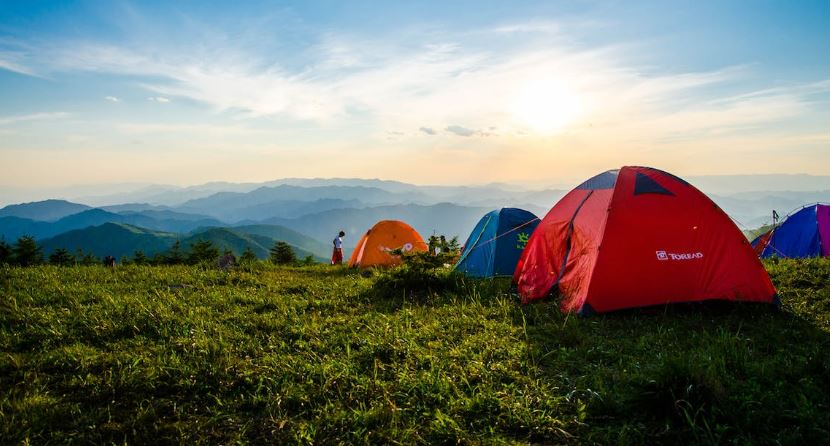It’s crucial to understand that purchasing recreational property for sale is very different from purchasing a home when you first consider doing so. Working with a recreational real estate specialist will assist you in avoiding some of the typical traps that prospective recreational land purchasers occasionally encounter because every piece of land is unique. Here are six suggestions to help you while you do your homework.
1. Unhindered access to your property is essential
Don’t worry if a property lacks access to a public road or is often surrounded by other homes. An experienced recreational real estate agent will confirm that the land you wish to purchase has clear, legitimate access, either from a public road or via an access easement through neighboring properties.
2. Be aware of what is going on at nearby sites
Make sure the nearby properties won’t disrupt your tranquility if you seek a peaceful escape. Ask your real estate broker to look into the permitted uses on nearby properties, and visit on various days and times to confirm that what you think is happening next door is truly taking place. Considering that your property could be close to public land, you should be aware of its seasonal uses and consider how this might increase the value of your property.
3. Analyze the property’s topography
Consider how snow could accumulate around structures if your property is in the North and how rainfall or melting snow will drain. Additionally, if the property is in the South and has steep terrain, take into account potential problems with water drainage. You can also make use of aerial photography and topographic maps.
4. Consider your long-term plans
Perhaps hiking, camping, or hunting are part of your immediate plans for the land, but what about in five or 10 years’ time? There are a number of things you should think about before putting your name on the line if there is even a remote chance that you could one day wish to construct a house there.
Does the vacant property have enough room to build, and how much would it cost to prepare the site for development before constructing a house? Some sites can have problems, such as bad drainage, that could make future building more difficult. To determine whether building is possible, it is important to speak with a knowledgeable builder before making a purchase and to check with the local zoning boards.
5. Consider your financial situation
Examining your existing financial condition is a smart idea before beginning your search for the ideal piece of recreational property. The first step is to determine how much land you can afford. Although acquiring an undeveloped property might be significantly different from buying an existing house, borrowers may be required to disclose information on their current assets and obligations, including yearly income, mortgages, investments, and vehicle loans, in addition to the credit application.
This data will be used to calculate the budget, the down payment, and the interest rate. It’s also crucial to be aware that certain lenders could demand a 10 to 15 year payback period for land loans.
6. Find out about any guidelines that apply to the property
Does the property’s covenants, conditions, and restrictions (CC&Rs) apply to it? Do the existing zoning restrictions affect the type of construction you can do there? This might change based on your intentions for the land, such as if you’re going to build a cabin or upgrade the area. Ask your broker for assistance in obtaining the data you need to ensure that your goals are feasible. Make the required repairs to make the building safe if there is an existing structure that you would like to maintain.
Endnote
If you enjoy the outdoors, buying recreational land could be the ideal investment for your lifestyle. However, there are a number of things to take into account while looking for the ideal piece of property. The procedure will be easier to handle if you work with a recreational real estate specialist, and you’ll be on your way to purchasing recreational land while avoiding these common pitfalls.

